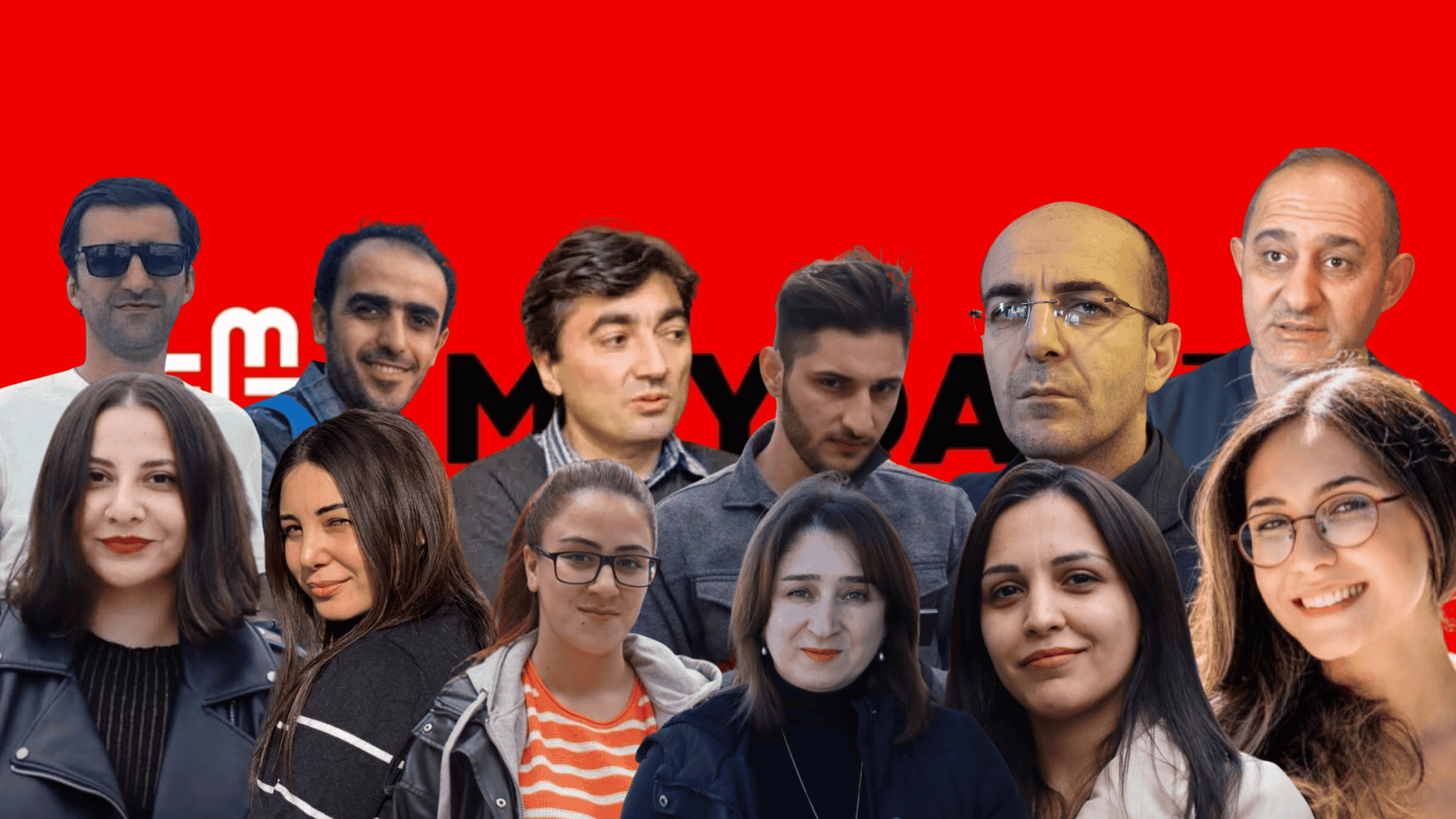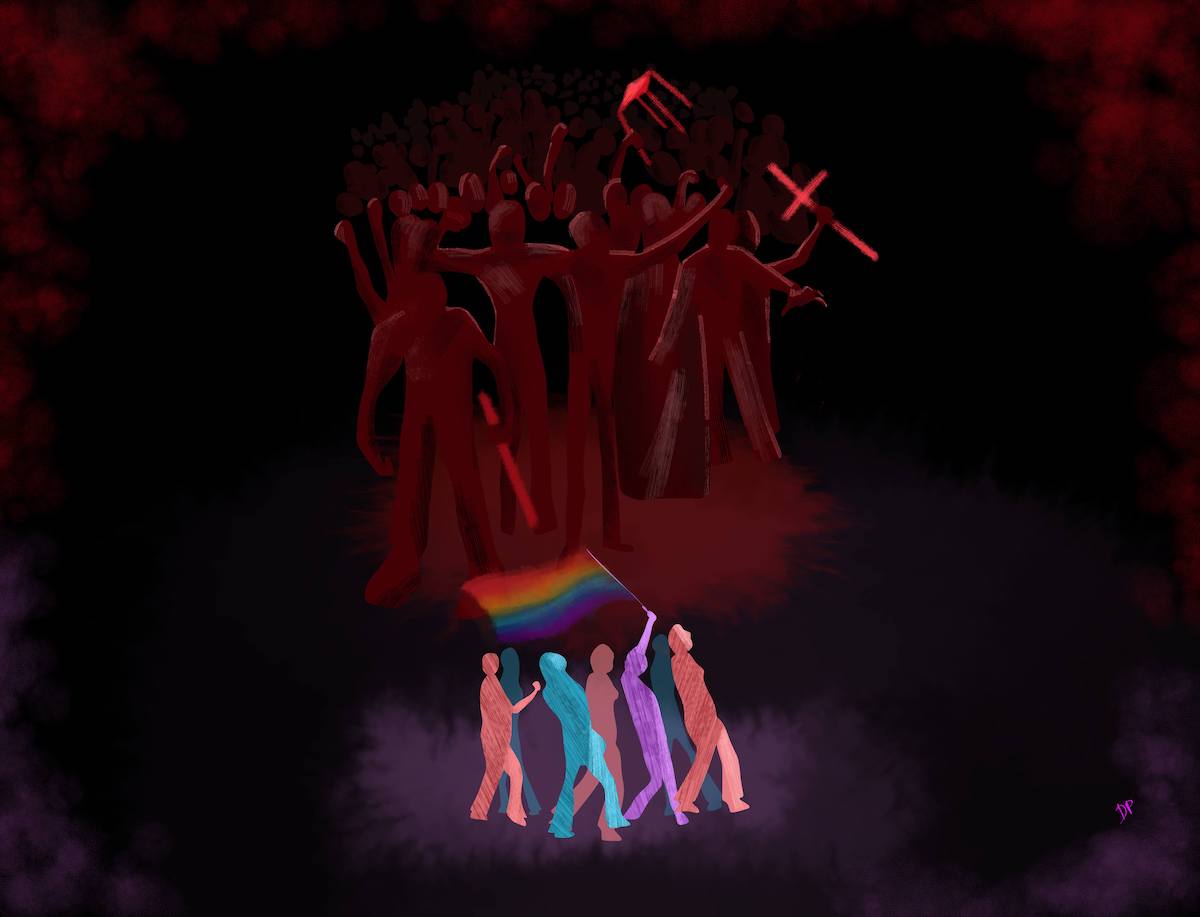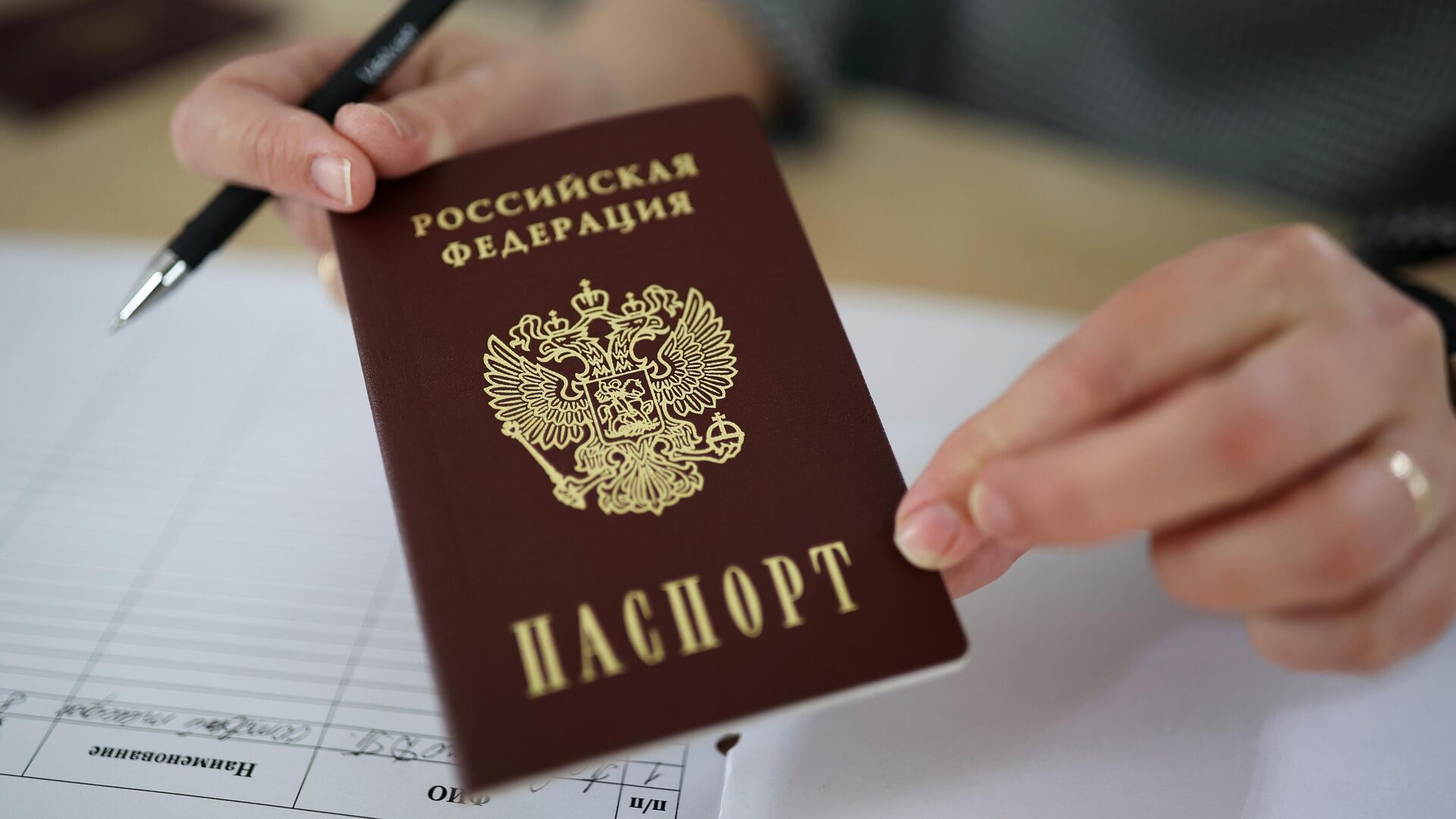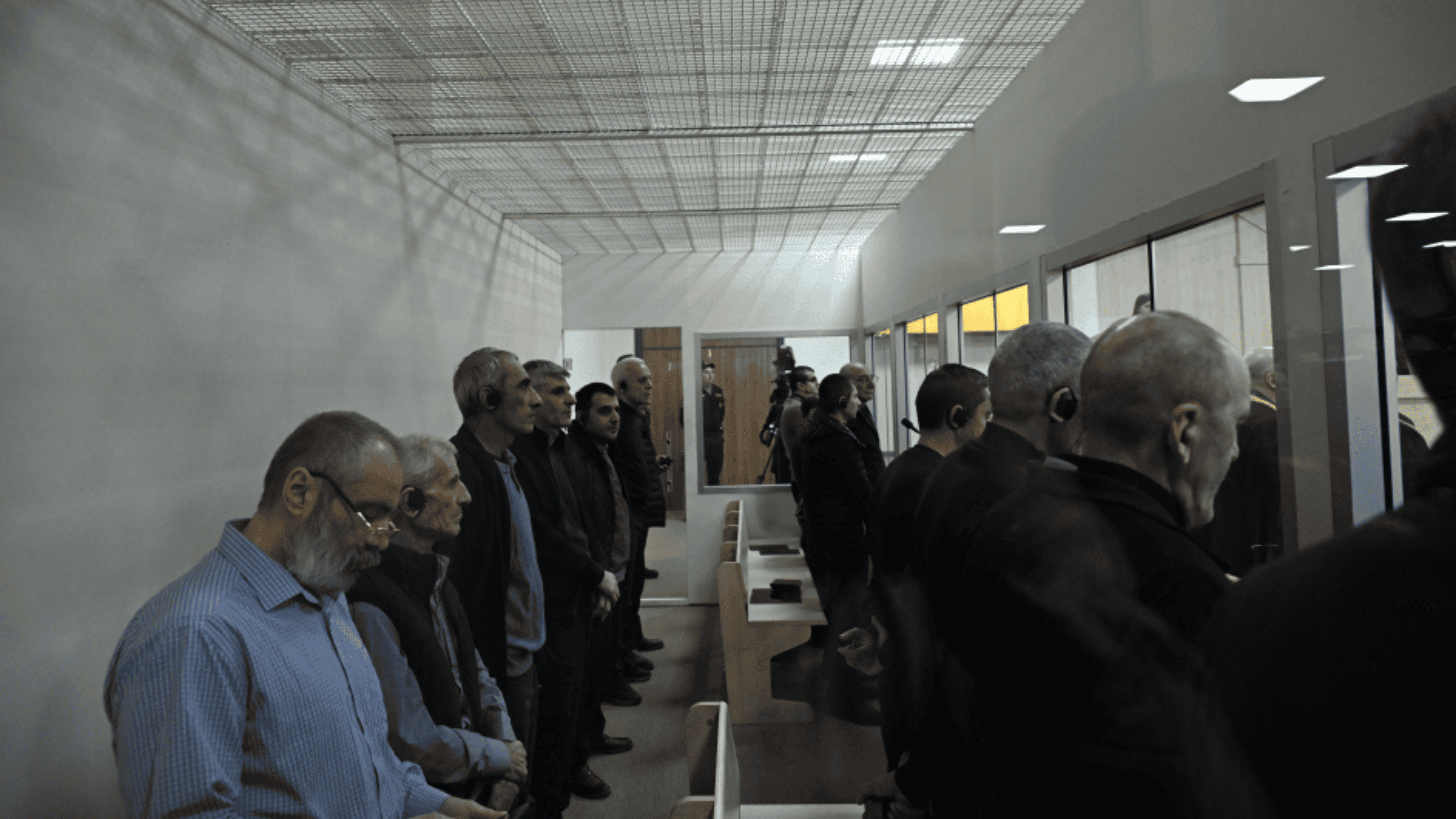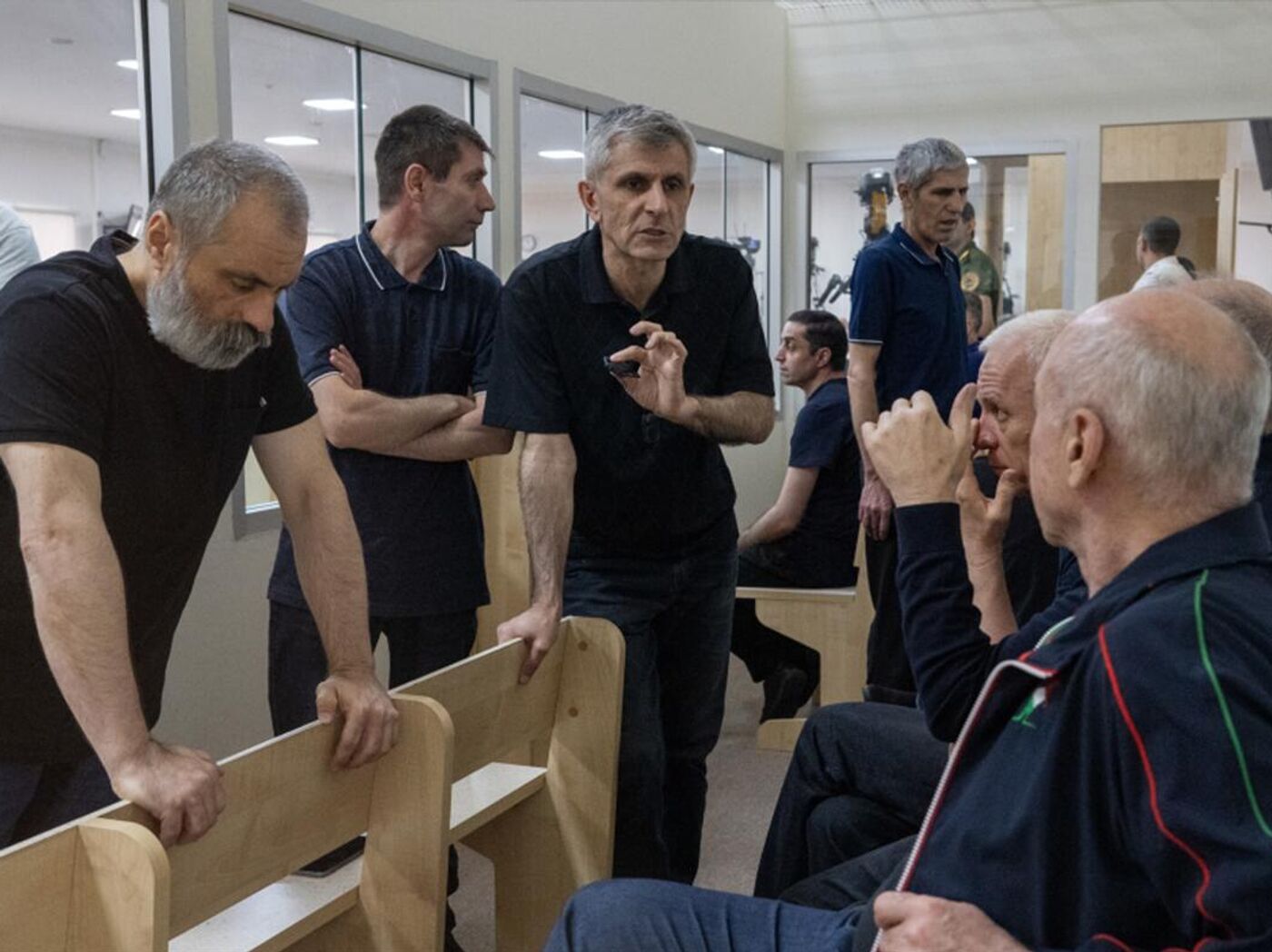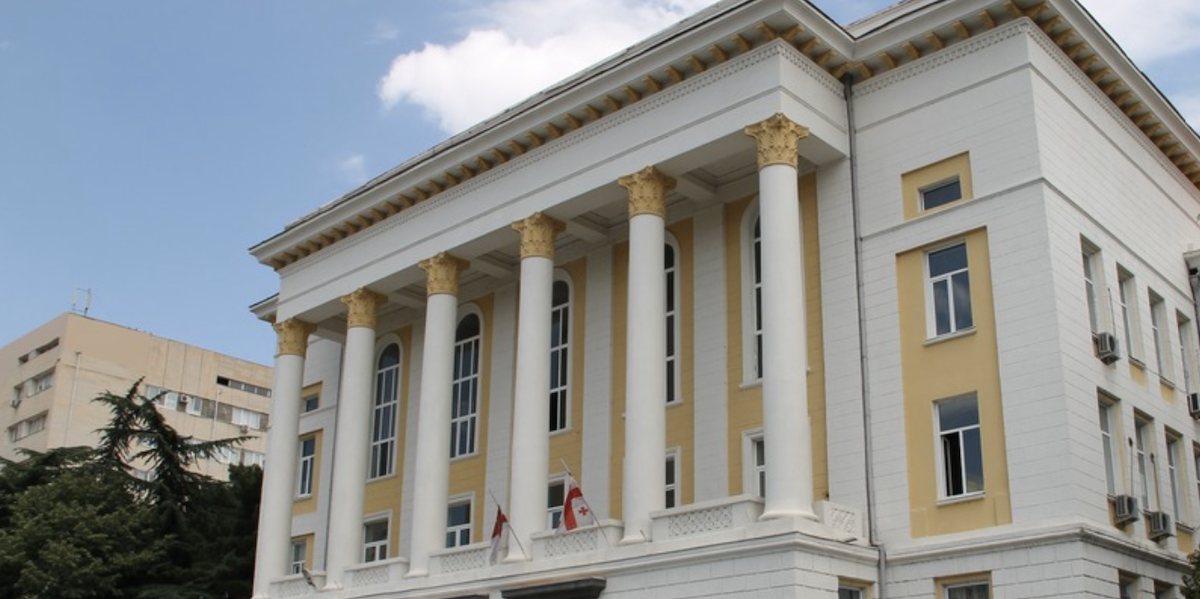Share














Most read

Epstein files: did convicted sex offender and trafficker visit Baku?
Armenia debates ‘pre-election proposal’ for ministry of sex
Georgia in reverse: how showcase of post-Soviet democratisation turned into a country with 'functionally pro-Russian' regime
Top stories in Azerbaijan, Armenia, and Georgia from 2-6 February, 2026
Opinion: 'Sentences handed down to Armenians in Baku do not fit the peace agenda'

Latest news in Georgia, Armenia, Azerbaijan, summary. Live
US vice-president’s visit to Armenia hailed as ‘historic’ - what it delivered
Kremlin stops issuing Russian internal passports in Abkhazia amid row with local MPs
Meydan TV case in Azerbaijan: journalists barred from presenting motions at court
In Abkhazia, a local Georgian-Abkhaz war veteran’s view on the Lata tragedy was called blasphemous
